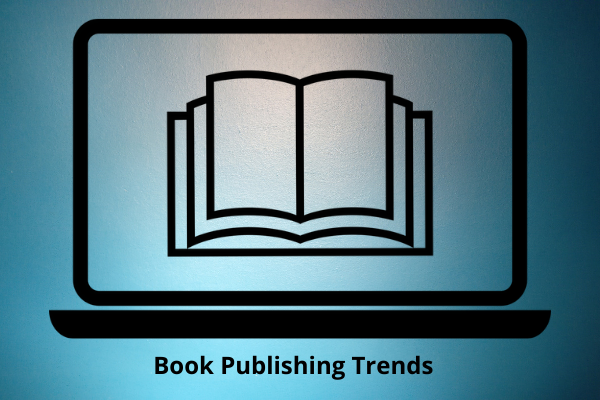I recently attended a “sit-up-and-take-notice” workshop about how to produce, distribute and sell your work in the evolving e-world given by Mark Coker, founder and CEO of Smashwords.
His opener jolted my writer self like a sip of vanilla latte on a cold, groggy morning. “There’s never been a better time to be an author.”
Okaaaay, I thought, as though he had just told me math was fun. Prove it!
He proceeded to do just that.
I took furious notes and now pass a bit of his expertise on to you.
Five Top Trends Shaping the Future of Book Publishing
- Book selling is moving from brick and mortar outlets to the web. The web offers better price, convenience, and selection. As a result, shelf space is no longer in short supply. Just think, virtual shelves! Good for the reader. And yes, good for the writer (see below).
- Reading is moving to screens. Smartphones and e-readers are becoming available to everyone. Coker has traveled the world, and even where people are short of basics such as bread, water and electricity, he noticed they have cellphones. Smartphones are becoming entry-level phones. EVERYWHERE. And that means EVERYONE now has the ability to sample and enjoy books.
- There is a rise in ebook self-publishing (also called Indie publishing). This comes as a result of Indie author advantages, such as: faster time to market, greater creative control, lower expenses, better distribution to the global market, books never going out of print and more profit per book, while offering lower prices to the consumer (even selling their books at $.99 to $2.99, Indie publishers can make 60-80% more than selling through traditional publishers at $8.00).
- Content explosion leads to price competition. Soon traditional publishers will no longer be able to compete with self-published authors who can make more money selling their books for less.
- Traditional publishers are loosing their monopoly. The printing press and knowledge about publishing, distribution and marketing are now free for all.
No Cutting Corners
Instead of facing years of rejection, delays in getting their books to market and having their books forced out of print early (if they don’t immediately gain a large audience), authors are becoming their own gatekeepers to the pearly gates of publishing.
But here’s the clincher. As their own gatekeepers, authors must be super-duper careful to honor their readers and only put out books that are equal in quality to (or better than) books put out by traditional publishers.
That means NO CUTTING CORNERS.
- Don’t publish before your book is ready.
- Revise, revise, revise.
- Hire an editor.
- And revise again.
Otherwise what you get for all your hard work is Negative Virality.


